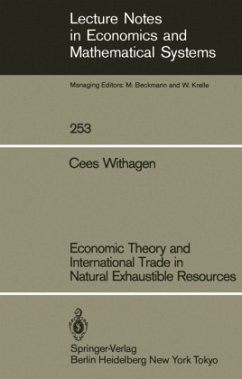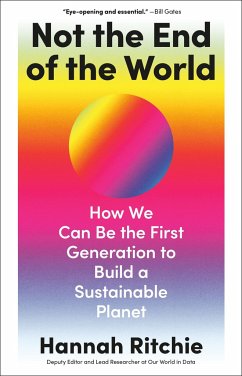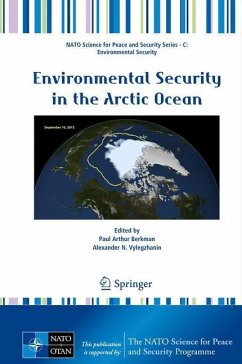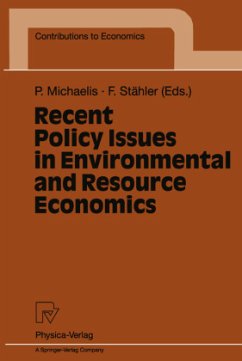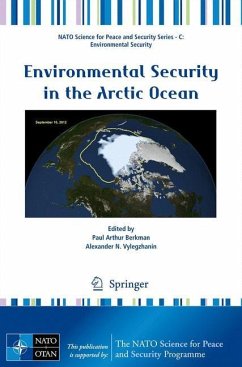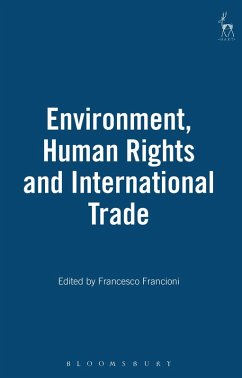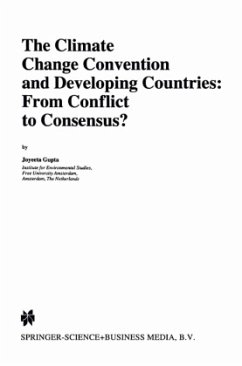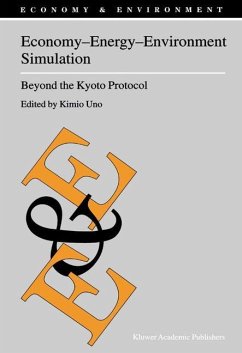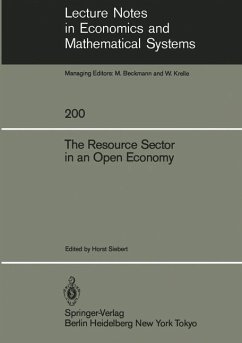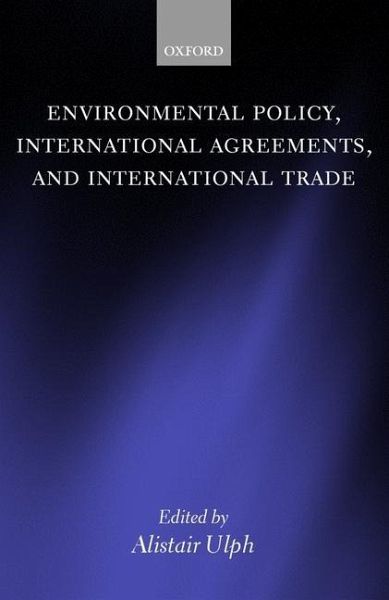
Environmental Policy, International Agreements, and International Trade
Versandkostenfrei!
Versandfertig in 1-2 Wochen
91,99 €
inkl. MwSt.

PAYBACK Punkte
46 °P sammeln!
When a country increases the stringency of its environmental policies, are the impacts on trade and welfare larger when account is taken of scale economies and imperfect competition in international markets than was thought to be the case from earlier studies based on the assumption of competitive markets for international trade? 4. Do national governments have incentives to distort their environmental policies to gain strategic advantage, and if so, what form might this take and what does this imply about the sovereignty of nations in choosing environmental policies? Employing both theoretical analysis and empirical modelling, "Environmental Policy, International Agreements, and International Trade" aims to advance understanding of some of the key issues surrounding the links between trade and the environment. It will appeal to all those with an interest in environmental issues and international trade.
This timely collection explores the highly topical area of international trade agreements and environmental policy. The individual papers focus on two main themes: how to design policies and institutions for the solution of trans-frontier environmental problems; and issues of industrial location and trade. They represent the latest state of research from contributors who are key players in this burgeoning field.





